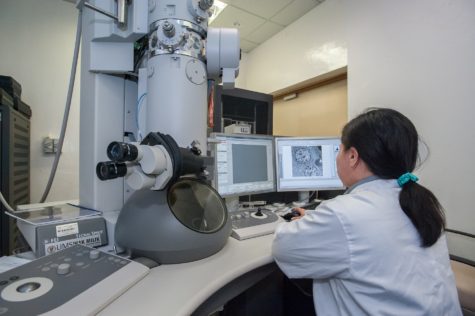EAST LANSING, Mich. — What studies find may significantly impact your opinions on a multitude of subjects and lifestyle habits, but when research is linked to a company that has a vested interest in the outcome, the public tends to scoff at the findings, a new study finds.
New research from Michigan State University indicates that people are more skeptical of a study funded by a related organization, even if the sponsor has a top notch reputation.

Lead author John Besley, an associate professor in the College of Communication Arts and Sciences at the school, says the results could force researchers to look elsewhere for funding so as not to harm the credibility of their work.
“People have a hard time seeing research related to health risks as legitimate if done with a corporate partner,” says Besley in a university press release. “This initial study was meant to understand the scope of the problem. Our long-term goal though, is to develop a set of principles so that quality research that’s tied to a company will be better perceived by the public.”
Participants were designated to observe one out of 15 scenarios regarding genetically modified food and trans fats. Each report included different combinations of university scientists, government agencies, non-government groups, and large food companies. Three different experiments took place, with sample groups of 526, 627, and 222 adults, respectively.
In this particular study, participants’ skepticism of the research was heightened if a food company was included in their report. Seventy-seven percent of participants who were assigned this type of scenario had something negative to say about the partnership and felt that the quality of the research may be compromised.
Conversely, when research wasn’t linked to a company that would present itself as a conflict of interest, only 28 percent felt negatively towards the company.
“Ultimately, the hope is to find some way to ensure quality research isn’t rejected just because of who is involved,” says Besley. “But for now, it looks like it may take a lot of work by scientists who want to use corporate resources for their studies to convince others that such ties aren’t affecting the quality of their research.”
The study’s findings were published last month in the Public Library of Science ONE (PLOS ONE).
In case you were wondering, the study funded by was MSU’s Science and Society at State, also known as S3.
